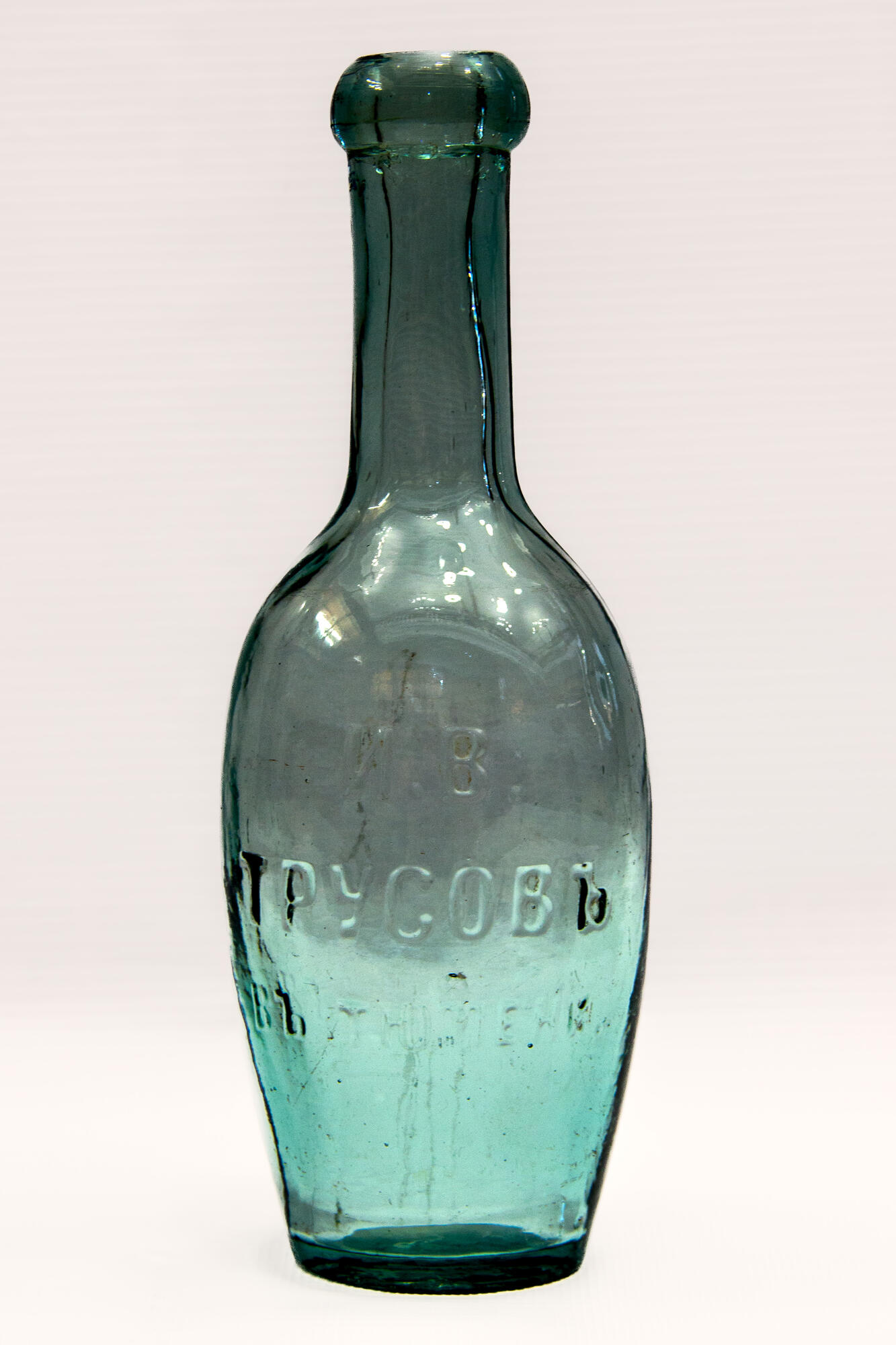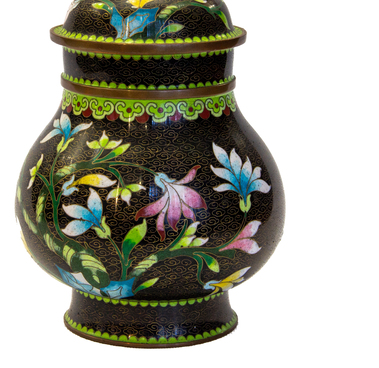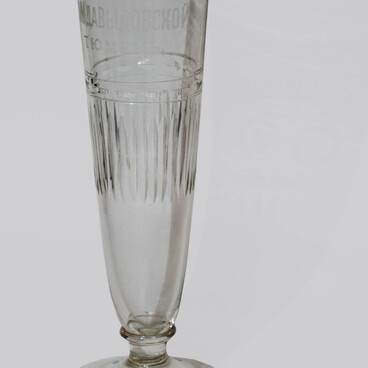The Trusovs were a famous dynasty of Tyumen merchants. Semyon Mikhailovich Trusov, merchant of the first guild, a hereditary honorary citizen of Tyumen, was one of the brightest representatives of the Tyumen merchant class of the second half of the 19th century. He was known for his charitable deeds. One of his main projects was the construction and establishment of the Tyumen foster home for orphaned children, which opened on November 21, 1872. The children in the orphanage’s care were taught various crafts. It received the name “Vladimirsky” in memory of the son of the Russian Emperor Alexander II, Grand Duke Vladimir, visiting Tyumen.
Semyon Trusov sponsored the construction, maintenance and repair of churches, the first Tyumen city water pipeline (1864) and the Yekaterinburg-Tyumen section (1885) of the Ural-Siberian Railway. He also donated to the needs of the city banks of Western Siberia and the sustenance of wounded soldiers.
Another noteworthy member of the family was Ivan Vasilyevich Trusov. From 1855 to 1861, he was the head of Tyumen. According to one version, he was the owner of a plant that produced mineral water and fruit lemonades. His son, Pyotr Ivanovich Trusov, continued in his fathers footsteps. He was a hereditary honorary citizen, merchant, and deputy head of the city. His factory shipped its products by steamships to different cities, for example, it established direct communications with Tomsk. The report on the All-Russian Art and Industrial Exhibition of 1882 in Moscow states that “the expert commission for the 44th class proposed to assign awards to the following exhibitors, for the following achievements: <…> 83) Trusov, Pyotr Ivanovich. For the management of artificial mineral waters in Tyumen, Tobolsk Governorate. For presenting good quality seltzer and soda water, berry and fruit lemonades, for founding this production in Siberia and outputting up to 600,000 bottles.” Pyotr Trusov was also awarded a silver medal “for good quality seltzer and soda water, as well as berry and fruit lemonades”.



